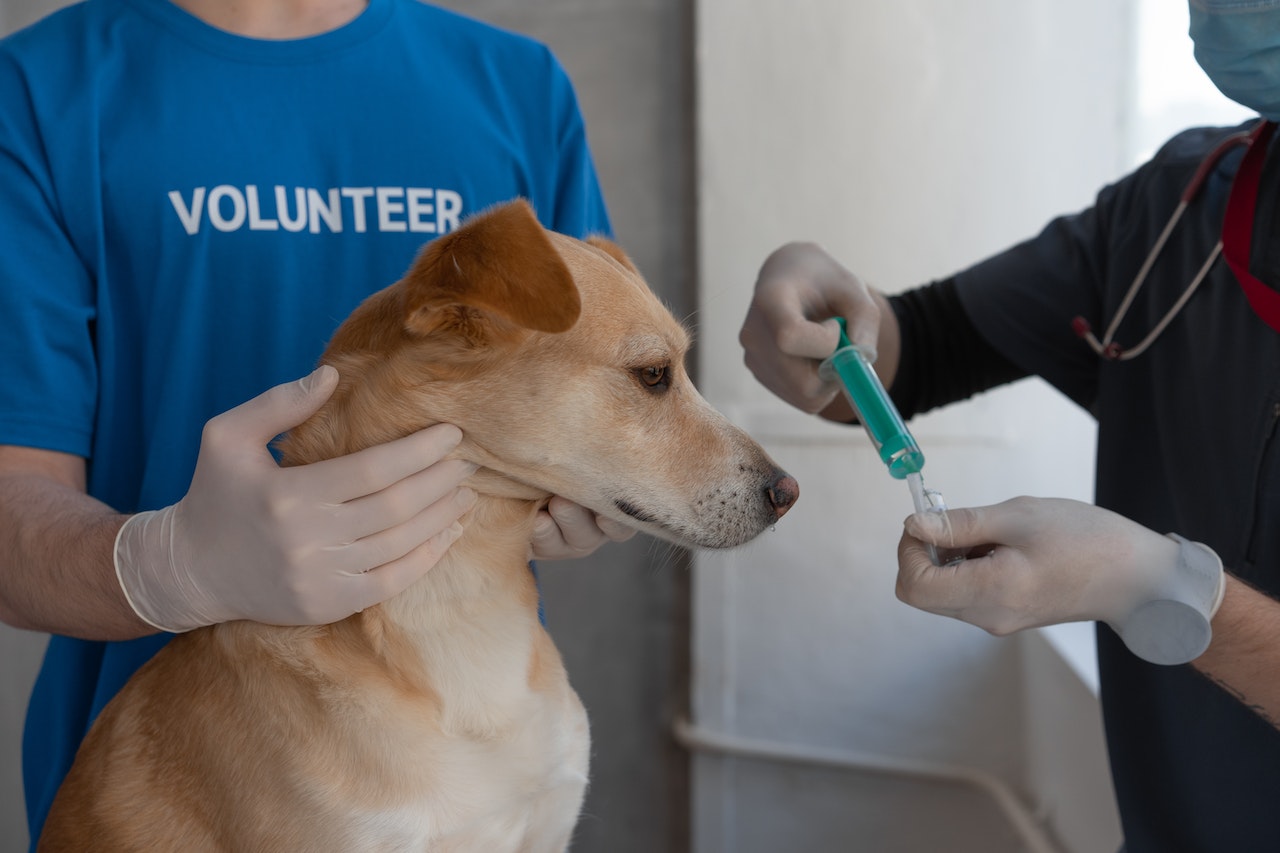
Dogs use whining as a means of communication, just like barking or growling. Whining can indicate a range of emotions and needs, from discomfort and distress to excitement and happiness. Understanding why dogs whine can help owners better communicate with their pets and respond appropriately to their needs.
Dogs are highly communicative creatures that use a variety of vocalizations, body language, and other behaviors to express themselves. Whining is one such vocalization that can have a variety of meanings depending on the situation and the individual dog.
Why do dogs whine?
Whining is a common behavior in dogs, and there are many reasons why dogs may whine. Understanding why your dog is whining is key to communicating effectively with them and providing them with the support and care they need. If you are concerned about your dog's whining, it is always best to consult with a veterinarian or professional dog trainer for personalized advice. By understanding why dogs whine, we can help them live happier, healthier lives and strengthen our bond with these beloved companions.

Top reasons why dogs whine
Dogs are highly communicative animals that use a variety of vocalizations, body language, and other behaviors to express themselves. Whining is a common vocalization that dogs use to communicate their emotions, needs, and desires. Understanding why dogs whine is an important part of building a strong and healthy relationship with your pet.
Attention Seeking
One of the most common reasons why dogs whine is to get the attention of their owners. Dogs may whine when they want food, water, or playtime, or simply when they want to be petted or cuddled. Whining can also be a sign that a dog is feeling lonely or neglected, and wants to spend time with their owner.
Discomfort
Whining can also indicate that a dog is in physical discomfort, such as when they are experiencing pain or discomfort from an injury or illness. Dogs may whine to signal that they need to go outside to use the bathroom, or that they need to be taken for a walk.
Separation Anxiety
Dogs who suffer from separation anxiety may whine when left alone or separated from their owners. This can be a sign of distress, and is a common behavior in dogs who are particularly attached to their owners. Separation anxiety can be a serious issue, and should be addressed with the help of a veterinarian or professional dog trainer.
Boredom or Loneliness
Dogs who are bored or lonely may also whine to express their feelings. Dogs who do not get enough physical or mental stimulation may become restless, and may whine or bark as a result. Providing your dog with regular exercise, playtime, and attention can help to reduce boredom and loneliness, and prevent whining.
Fear or Stress
Whining can also be a sign of fear or stress in dogs, such as when they are exposed to loud noises, unfamiliar people or animals, or other stressful stimuli. Dogs may whine to signal that they are uncomfortable, and to seek comfort and reassurance from their owners.
Excitement
In some cases, whining can also indicate that a dog is highly excited or eager, such as when they are anticipating a walk, playtime, or other activity. Dogs may whine with excitement when they hear familiar sounds, such as the jingle of their leash, or when they see their owners preparing to go for a walk.
It is important to understand that not all dogs whine for the same reasons, and that each dog's whining may have a different meaning based on their individual personality, history, and experience. By paying attention to the context, body language, and other behaviors of your dog, you can better understand why they are whining, and respond appropriately to their needs.

How to prevent dogs from whining
Preventing dogs from whining can be a challenge, as it is a natural behavior that dogs use to communicate their needs and emotions. However, there are several strategies that can help reduce excessive whining and promote more positive communication between dogs and their owners.
- Address underlying health issues: If your dog is whining due to discomfort or pain, it is important to have them examined by a veterinarian to determine the cause and address any underlying health issues.
- Provide enough physical and mental stimulation: Boredom and lack of stimulation can be major contributors to excessive whining. Make sure your dog gets enough physical exercise, playtime, and mental stimulation through interactive toys, training, and other activities.
- Respond appropriately to whining: It is important to respond appropriately to your dog's whining, rather than reinforcing the behavior through attention or treats. For example, if your dog is whining for attention, ignore the behavior until they stop, and then provide positive reinforcement when they are quiet.
- Address separation anxiety: If your dog is suffering from separation anxiety, it is important to work with a veterinarian or professional dog trainer to develop a behavior modification plan to help reduce stress and prevent excessive whining.
- Gradually acclimate your dog to new situations: If your dog is prone to whining due to fear or stress, it is important to gradually acclimate them to new situations and environments to help reduce anxiety and prevent excessive whining.
- Provide consistent and positive training: Consistent and positive training can help dogs learn to communicate their needs in more positive ways, and reduce the frequency of excessive whining.
- Provide plenty of positive reinforcement: Reinforcing desired behaviors, such as quietness, can help reduce excessive whining over time.
Concluding words
Dogs frequently exhibit the habit of whining, and there are a variety of reasons why a dog would whine. It is essential to have an understanding of why your dog is whining in order to communicate successfully with them, as well as to provide them with the necessary support and care. It is always advisable to speak with a veterinarian or professional dog trainer for tailored assistance if you are concerned about the whining of your dog. They will be able to provide you specific recommendations. By gaining a knowledge of the causes of a dog's whining, we may assist them lead lives that are both happier and healthier, as well as improve our connection to these cherished friends.



